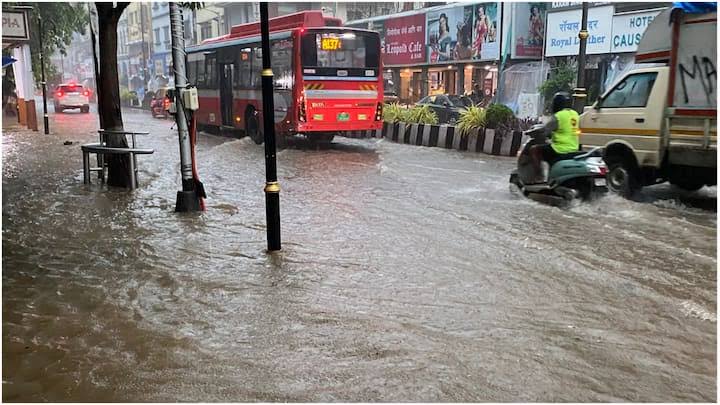India has detected three cases of Human Metapneumovirus (HMPV), a respiratory virus similar to COVID-19 in terms of symptoms and transmission methods. Though HMPV shares characteristics with SARS-CoV-2, experts suggest it is unlikely to trigger a global pandemic.
 HMPV, first identified in 2001, primarily affects the respiratory tract. Common symptoms include fever, cough, runny nose, and sore throat. In severe cases, especially among vulnerable groups like children, the elderly, and immunocompromised individuals, it can lead to bronchiolitis and pneumonia.
HMPV, first identified in 2001, primarily affects the respiratory tract. Common symptoms include fever, cough, runny nose, and sore throat. In severe cases, especially among vulnerable groups like children, the elderly, and immunocompromised individuals, it can lead to bronchiolitis and pneumonia.
How Does It Spread?
HMPV is transmitted through respiratory droplets, close contact with infected individuals, or contaminated surfaces—similar to SARS-CoV-2. Preventive measures like hand hygiene, mask-wearing, and social distancing are effective against both viruses.
Why HMPV Is Unlikely to Become a Pandemic
Experts emphasize that while HMPV shares flu-like symptoms with COVID-19, several factors make it less likely to cause a widespread outbreak:
1. Partial Immunity: Most people are exposed to HMPV early in life, reducing the severity of reinfections.
2. Slower Spread: Unlike SARS-CoV-2, HMPV has slower transmission dynamics, making rapid, widespread outbreaks less probable.
3. Low Mortality Rate: HMPV infections are generally mild, and healthcare systems can manage severe cases without significant strain.
Expert Opinions
Dr. Minesh Mehta, a critical care consultant at Shalby Hospital, Ahmedabad, noted that HMPV has been present globally since its discovery, and broad past exposure limits the likelihood of major epidemics.
Dr. Vikas Mittal, a pulmonologist at CK Birla Hospital, added that HMPV poses a serious risk only to those with weakened immune systems. He emphasized the importance of monitoring the situation but reassured that there is no significant rise in respiratory illnesses in India.
Dr. Srivatsa Lokeshwaran, a pulmonologist from Aster Whitefield Hospital, Bengaluru, highlighted that pandemics require specific conditions, such as rapid viral spread and high virulence. Currently, there is insufficient data to suggest HMPV meets these criteria.
Precautionary Measures
Health authorities recommend maintaining proper hygiene, avoiding close contact with sick individuals, and monitoring respiratory symptoms. While there are no vaccines or specific treatments for HMPV, standard preventive measures can effectively limit its spread.
although HMPV warrants attention, it is not expected to cause a pandemic like COVID-19. Health systems remain prepared to manage cases,ensuring there is no cause for alarm.




